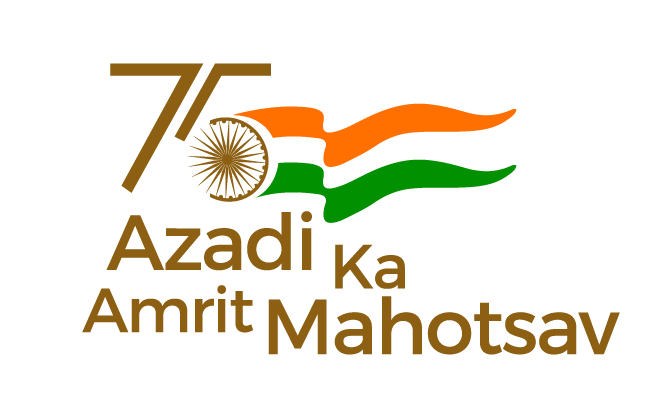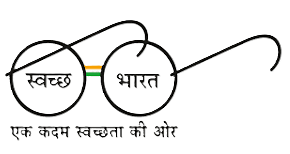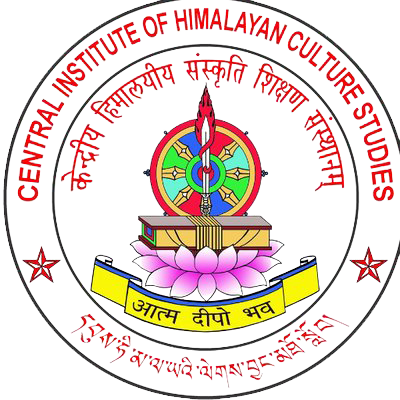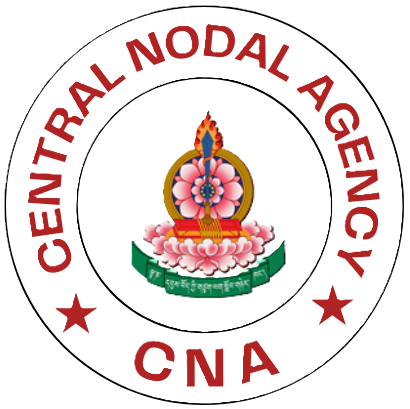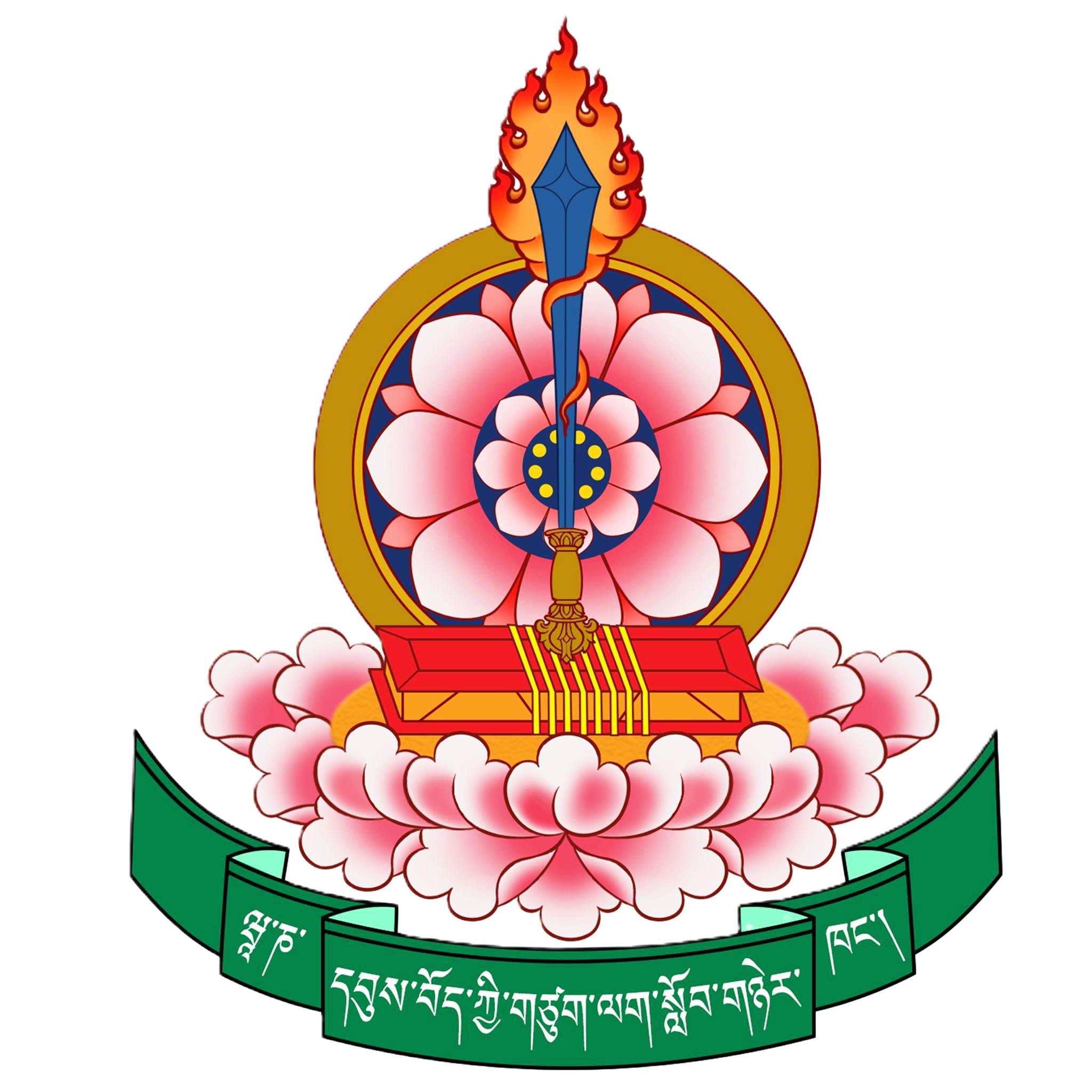DEPARTMENTS
NOTICE BOARD
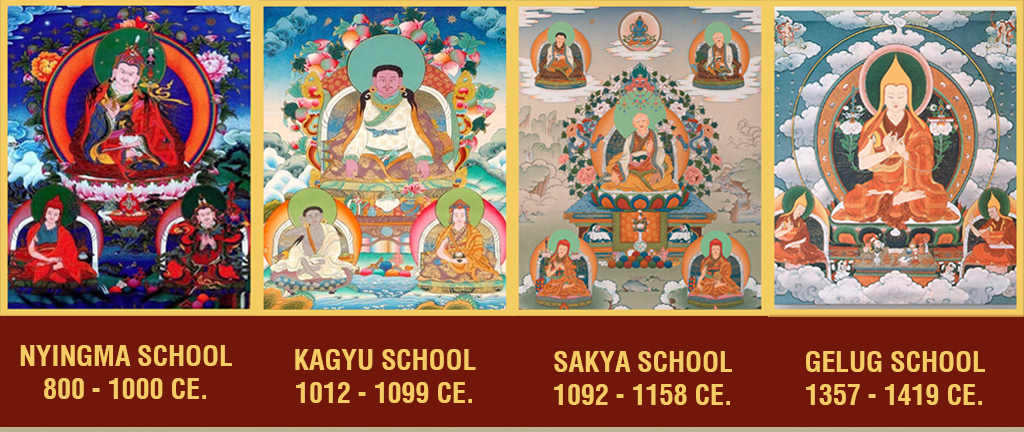
Department of Sampradaya Shastra
Department of Sampradaya Shastra (commentarial texts by Tibetan Buddhist Masters on the treatises (Shastras) of Indian Buddhist Masters) consists of four Tibetan Buddhist Sampradayas which emerged in Tibet after the introduction of Buddhism in Tibet in the 7th – 8th century. In the chronological order of their development as distinct lineages or Sampradayas, they are; Nyingma, Kagyu, Sakya, and Gelug. The department conducts courses at both under-graduate and post-graduate levels in Indo-Tibetan Buddhist Philosophy and the curriculum of the courses offered consists of commentarial texts written by masters and scholars from the four Sampradayas. Although all the four Sampradayas are firmly grounded in the Agama teachings of the historical Buddha and Shastras of the Indian Buddhist masters, the distinction between them lie in the hermeneutical approaches applied in the exegeses depending on various practice lineages and textual traditions that was transmitted to Tibet over time through various Indian masters.
Courses offered by the department are:
- UG Shastri (BA)
- PG Acharya (MA)
Course Outcomes:
- U.G. Shastri (BA) in Baudh Darshan:
- The students are given intensive training inTibetan philosophical branches of epistemology, cognitivism, metaphysics, logic, ontology and phenomenology.
- The analytical teaching-learning experience enables the students to understand and analyse skand, aiyatana and kham according to Abhidharma schools.The intensive training in the broad areas of Sensual perception, the system of cause effects and results enable them to face the world with confidence and rationale.
- They are trained in modes of perception self reflexive consciousness, mental direct perception and yogic consciousness and many related fields of study.
- The knowledge of cultivation process of altruistic bodhi mind according to abhisamayaalankaara and its various commentaries enable the students to seek job opportunities in the various related fields. The concept and system of gotra, contaminated and uncontaminated phenomena , the progressive stages of dhyanas and the four immeasurable.
- The evolutionary process of cosmic system according to Lower and UpparAbhidharma schools and concept identification provides opportunities to open new vista in the fields of research, teaching, translation and many more emergent fields.
- The philosophical issues related to self, truth, refutation of the philosophical views of the mind only school are read side by side with the analytical observation with respect to the identify of self and various modes of application of reasoning.
- The students having received training in such intensive philosophical domain, will seek opportunities in the fields of higher education and research, translation studies, teaching.
- P.G. Acharya (MA) in Baudh Darshan:
- The knowledge of the philosophical argumentation among the three Buddhist schools- vaibhashika, sautankrika and vigyanvada with respect to the external world enables the students to look at the world critically.
- Some of the important chapters of the Mūlamadhyamakakārikā of Acharya
Nagarjuna- the elements of the examination of the condition, the self, four noble truths, twelve limbs of dependent origination provides the opportunity to perceive the whole tradition scientifically and intuitively. - The philosophical views among the Indian philosophical schools in relation to existential self, the system of dependent origination is taught along with The view of the Centrist school (Madhyamika) with respect to the existence of external and internal phenomena, the assertion of the existence of phenomena at the conventional level and phenomenal emptiness.
- The process of the cultivation of the altruistic mind along with the practice of the consciousness, introspection, patience, enthusiasm and concentration is taught at a very advanced level enabling them to seek further job opportunities in the varies fields of teaching, research, translation studies and critical writing.



